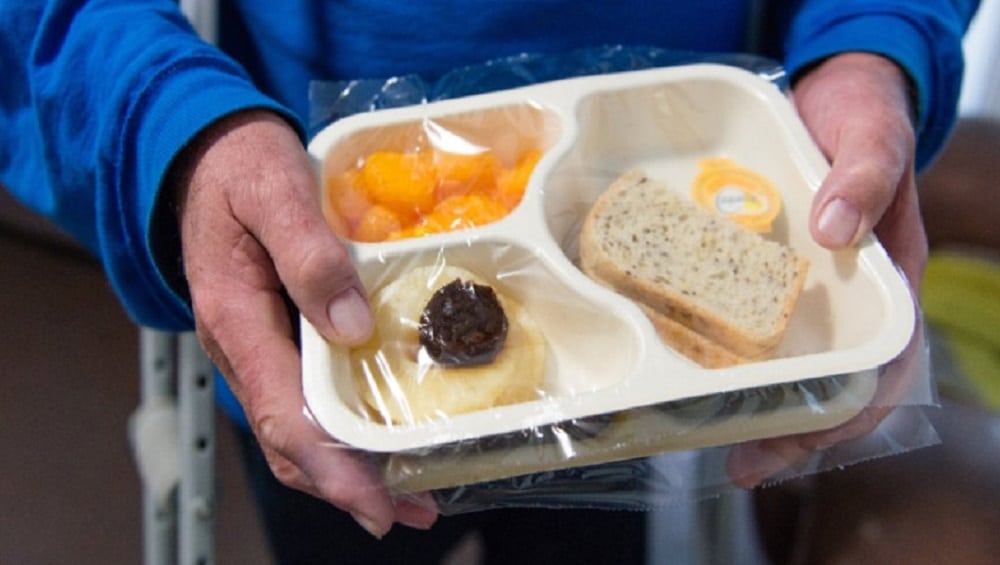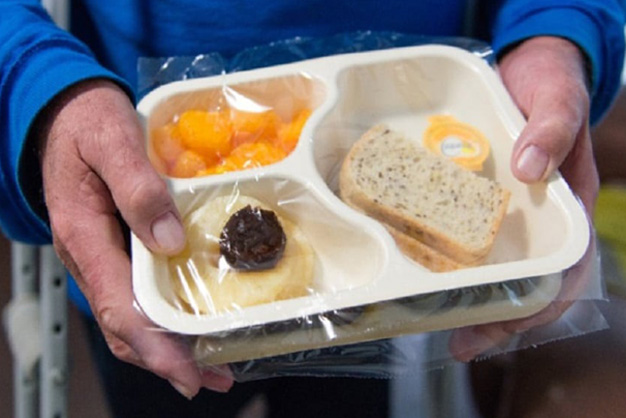Meals on wheels during coronavirus
Millions of elderly Americans depend on Meals on Wheels for their nourishment. For 66 years, Meals on Wheels has been providing regular meals for elderly Americans along with a host of other services like companion visits and errand shopping. Now serving 2.4 million people, the service is often the one factor that separates an elderly person from both hunger and social isolation. It has managed to function through extreme weather and occasional volunteer shortages, but the coronavirus has presented the organization with some challenges.
There are both short term and long term challenges to be faced by meals on wheels. In the short term requests for service have expanded as the government urges many sectors of the population to stay home, especially the elderly. Many Meals on Wheels’ volunteers are 60 years old and older, a population that is the most threatened by COVID-19. In the long term there’s no predicting what’s going to happen with the food supply chain as the epidemic spreads, and financial strains from the plunging stock market could jeopardise funding. Meals on Wheels has already suspended group meals it hosts at senior centers. Rather than providing group meals the organization is hopping to replace them with takeout style pickups.
Meal delivery is more complicated too. Volunteers must wash hands or use sanitizer between stops. They will have their temperature taken.
Volunteers will place the bag of food on the doorknob, knock on the door, then step back at least 6 feet. They must wait for the client to come to the door and retrieve the food before leaving.
Let’s support our seniors together. Salesforce AppExchange donated $15,000 to the Meals on Wheels COVID-19 Response Fund. Please join us by volunteering your time and/or donating here.


